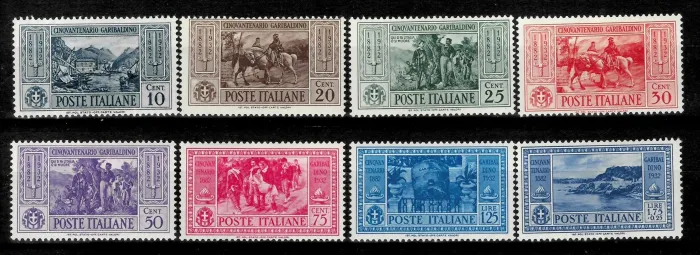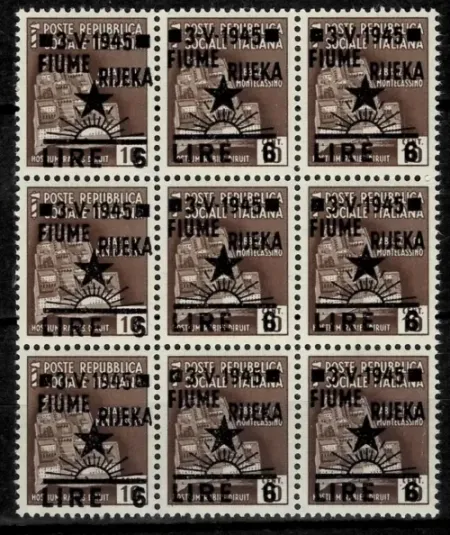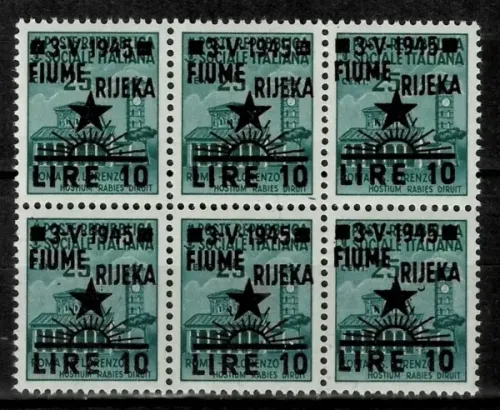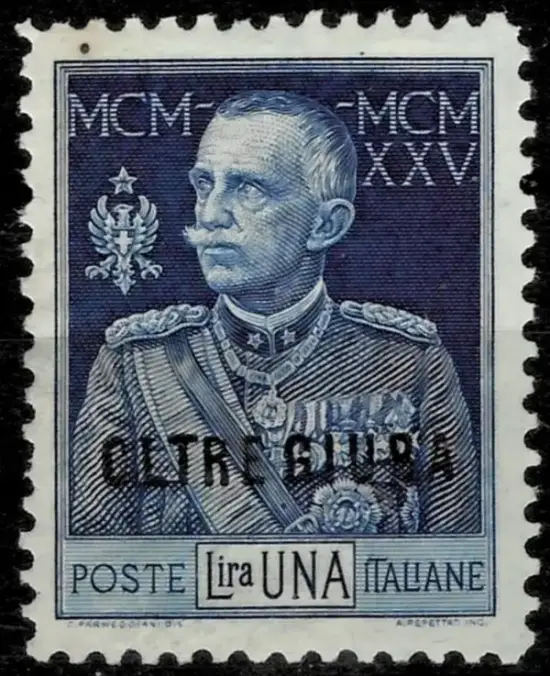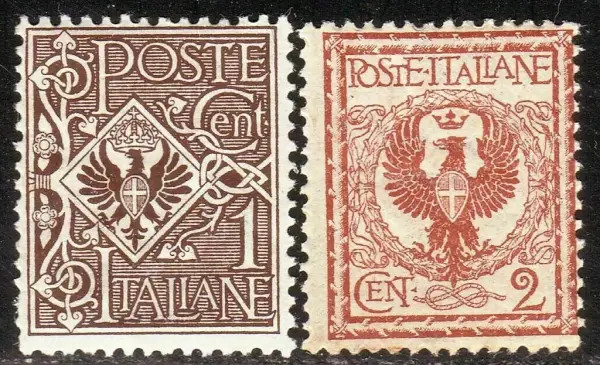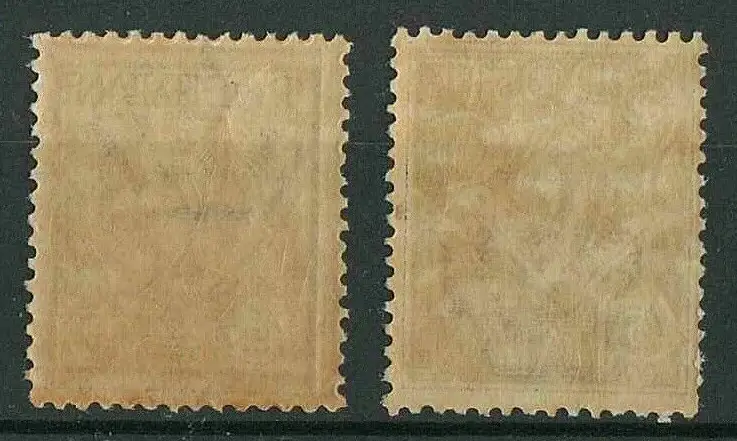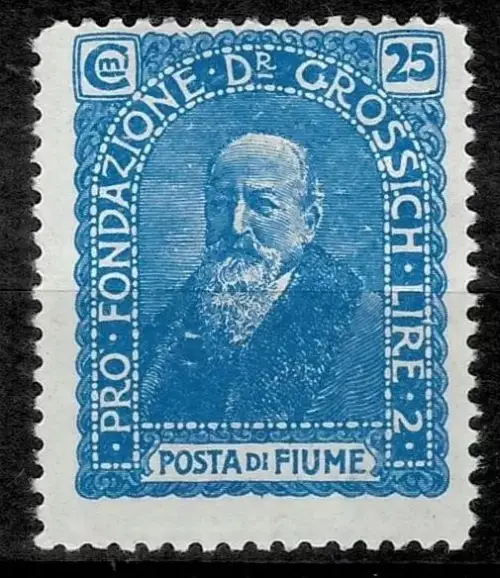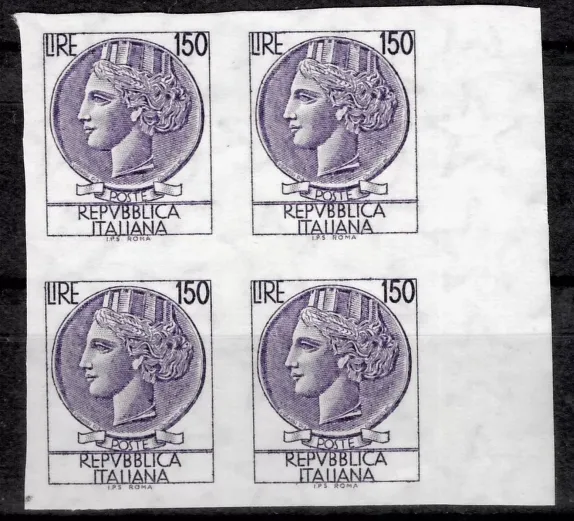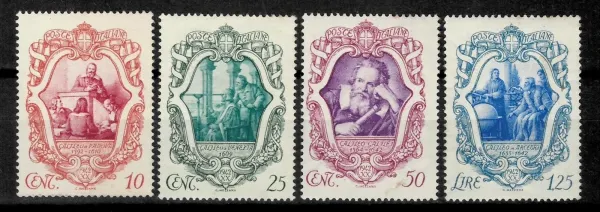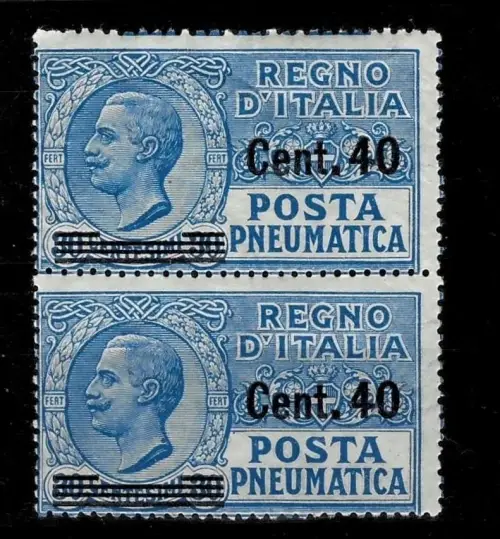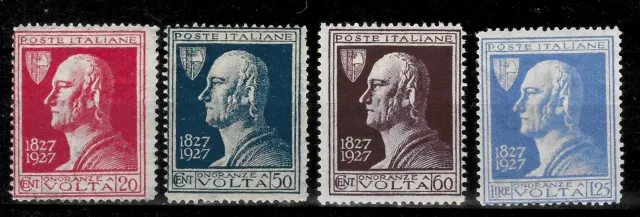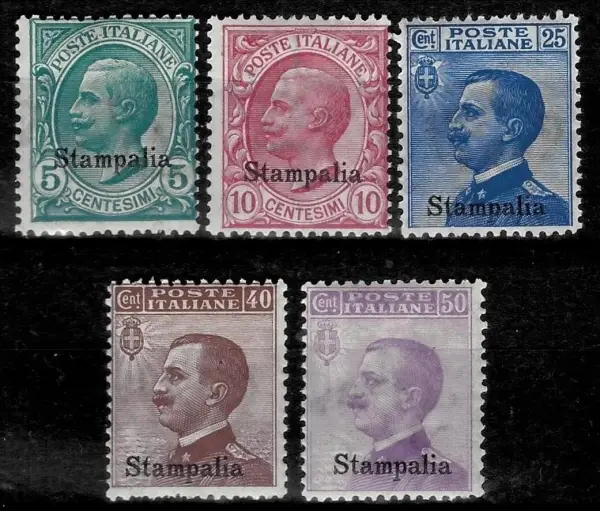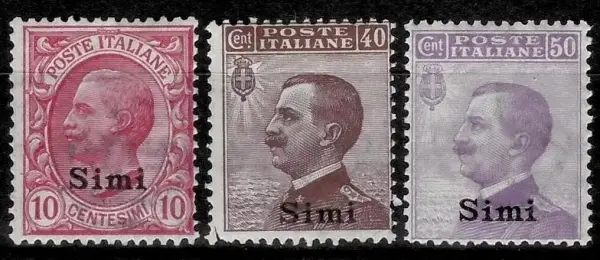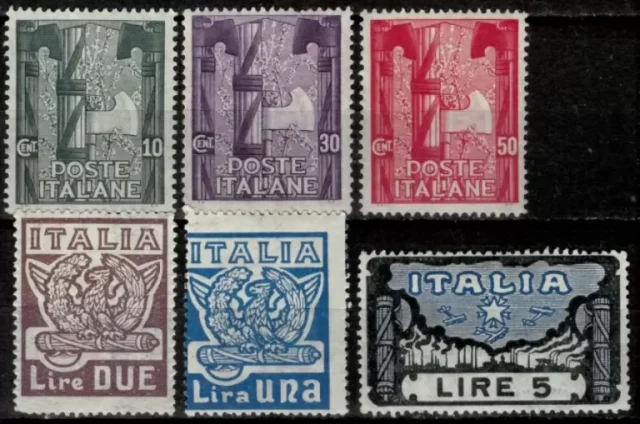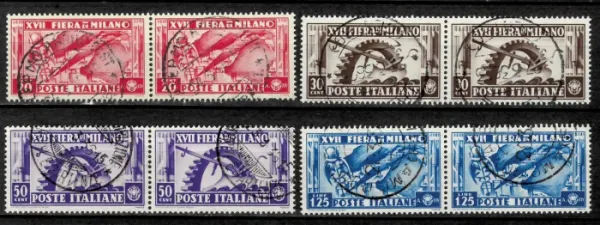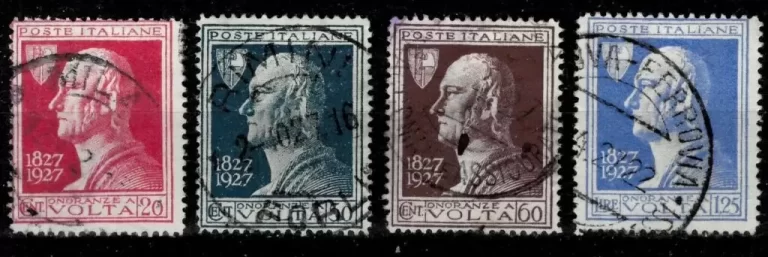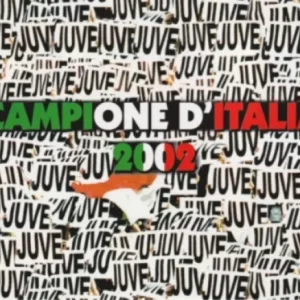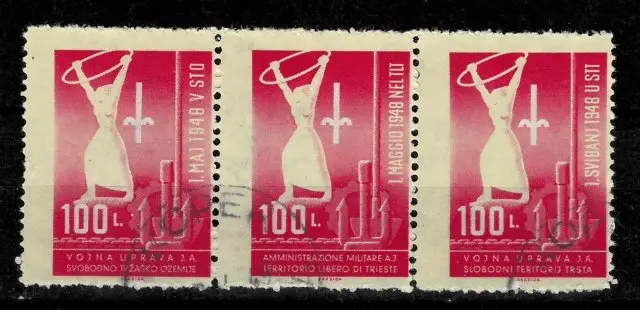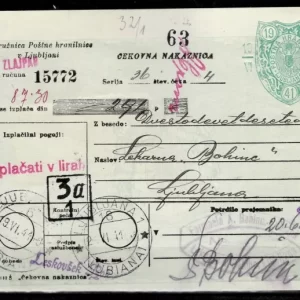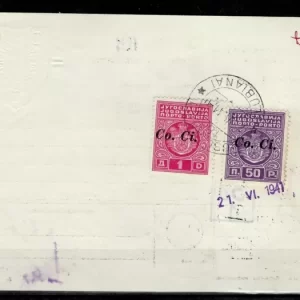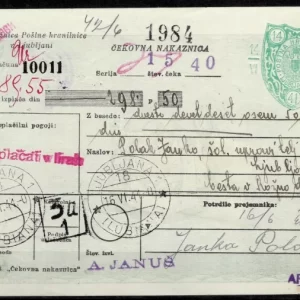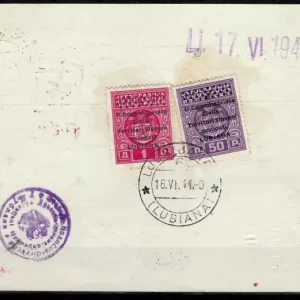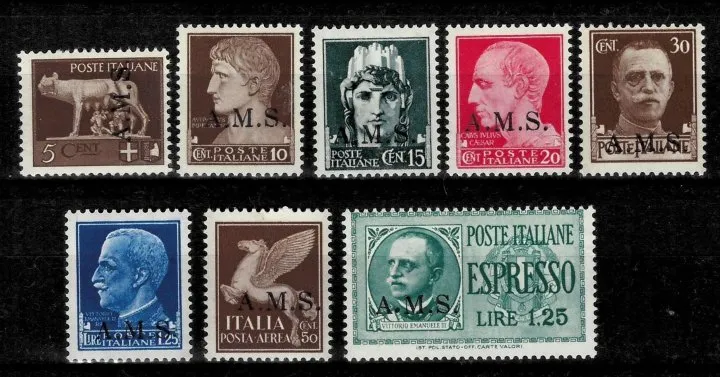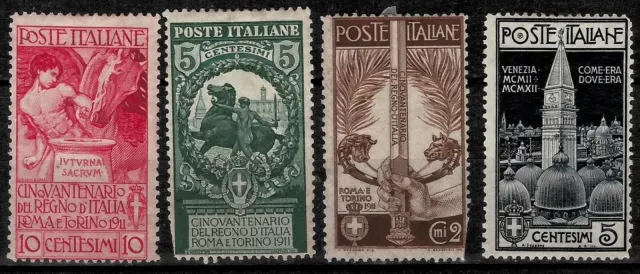Showing 1–30 of 106 resultsSorted by latest
Showing 1–30 of 106 resultsSorted by latest
Italian postage stamps, along with those from its former colonies, provide a fascinating look into Italy’s rich history, culture, and political changes. Italy has produced stamps since the 19th century, and stamps from the Italian colonies offer insight into the country’s imperial past.
1. Kingdom of Sardinia and Unification (1851–1861)
- Italy’s postal history begins before unification with stamps from the Kingdom of Sardinia (issued in 1851), which later became a model for the unified country.
- The first stamps of Italy, issued in 1862, after unification, featured King Victor Emmanuel II, the first king of a united Italy. These were simple designs, typically monochromatic portraits.
2. Kingdom of Italy (1861–1946)
- Stamps during this period frequently depicted the monarchy, including King Umberto I (1878–1900) and King Victor Emmanuel III (1900–1946).
- Historical figures such as Dante Alighieri, Galileo Galilei, and Giuseppe Garibaldi began appearing on stamps in the late 19th and early 20th centuries.
- Landmarks like the Colosseum and significant events like the Mille Miglia (Thousand Miles) car race were common themes in the 1920s and 1930s.
- Under Mussolini’s fascist regime (1922–1943), stamps often carried political propaganda, including images of Mussolini, imperial symbols, and slogans promoting Italy’s military power.
- Noteworthy were commemorative issues, such as those celebrating Italy’s involvement in World War I, the Fascist Party, and the establishment of the Italian Empire.
3. Italian Social Republic (1943–1945)
- During World War II, after the fall of Mussolini, the Italian Social Republic was established in Northern Italy under German occupation. Stamps from this period were limited but focused on wartime themes and leadership.
4. Republic of Italy (1946–present)
- After the abolition of the monarchy in 1946, Italy became a republic. Stamps began reflecting Italy’s rich culture, featuring works of art, historical sites, and famous Italians.
- Art and architecture became central themes, with stamps showcasing masterpieces by Italian painters like Leonardo da Vinci, Michelangelo, and Raphael, as well as iconic buildings like the Leaning Tower of Pisa and St. Peter’s Basilica.
- EUROPA stamps, commemorating European unity, became a regular feature in the post-war years. Other themes included the Renaissance, Italy’s scientific achievements, and sports (including stamps featuring soccer events like the World Cup).
Collecting Italian and Colonial Stamps
- Stamps from Italy and its colonies are popular among collectors, particularly those interested in European empires or wartime history.
- Early Kingdom issues and colonial stamps from Eritrea, Somalia, and Libya are often more valuable due to their historical significance.
- Commemorative issues related to Italian art, culture, and key historical events like the unification of Italy or Mussolini’s regime provide a rich array of themes for collectors.

